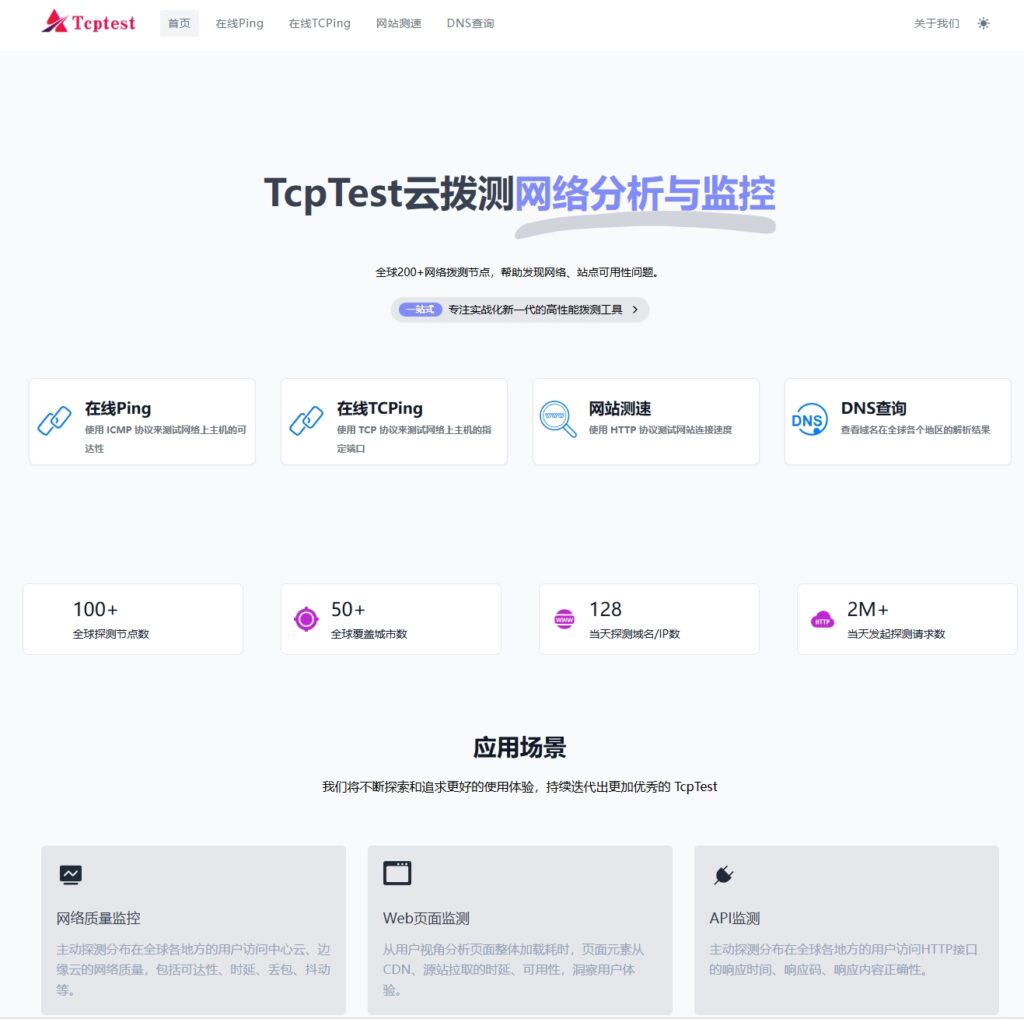
Introduction
Java web technology is widely used in enterprises for its dynamic page generating capability and easy maintainability. However, hosting Java web applications on traditional servers is often expensive and time-consuming. Cloud servers offer a solution to this problem by providing a flexible, scalable, and cost-effective alternative to traditional dedicated servers for hosting Java web applications.
In this article, we will explore the benefits of using a cloud server to host Java web applications and how to choose the right cloud server provider for your needs.
Benefits of Hosting Java Web Applications on a Cloud Server
1. Scalability
One of the biggest advantages of using a cloud server for hosting a Java web application is scalability. With traditional servers, adding more resources or scaling up and out to meet the demands of a growing application can be challenging and time-consuming. However, cloud servers offer the ability to easily add and remove resources, such as CPU, memory, or storage, as needed to meet the changing demands of your application.
This means that you can quickly and easily scale your application to meet any spikes in traffic or demand without having to worry about hardware, software, or network constraints.
2. Cost Savings
Another key benefit of using a cloud server for hosting Java web applications is cost savings. Cloud servers offer a pay-as-you-go model, which means that you only pay for the resources you use. This can be much more cost-effective than purchasing and maintaining dedicated servers that are often underutilized.
In addition, cloud servers do not require any upfront capital investments, which can be a significant financial burden for small to medium-sized businesses.
3. High Availability
Cloud servers are designed to provide high availability and uptime. Many cloud server providers offer redundant infrastructure, automatic failover, and load balancing to ensure that your application is always available and responsive.
In the event of a hardware failure or other issue, your application can be automatically moved to another server with minimal downtime or disruption to your users.
4. Easy Deployment
Cloud servers offer easy deployment options for Java web applications. Many providers offer pre-packaged images of popular Java web application servers, such as Tomcat or JBoss, which can be easily deployed and configured with a few clicks.
This can save you time and effort in setting up and configuring your infrastructure, allowing you to focus on developing and deploying your application.
5. Security
Cloud servers are designed to provide a secure environment for your application. Many cloud server providers offer advanced security features, such as firewalls, intrusion detection and prevention, and data encryption, to protect your application and data from unauthorized access or attacks.
In addition, cloud servers are typically backed up regularly, ensuring that your data is always safe and can be quickly restored in the event of a disaster.
Choosing the Right Cloud Server Provider for Hosting Java Web Applications
When choosing a cloud server provider for hosting a Java web application, there are several factors to consider, including:
1. Performance
The performance of your application is critical to ensuring that your users have a positive experience. When selecting a cloud server provider, be sure to evaluate their performance metrics, such as CPU, memory, disk speed, and network latency, to ensure that they meet your requirements.
2. Reliability
Reliability is essential for ensuring uptime and availability of your application. Look for a provider that offers a Service Level Agreement (SLA) with uptime guarantees, automatic failover, and load balancing to ensure that your application is always available.
3. Support
Having access to expert support is important in the event of any issues or problems. Look for a provider that offers 24/7 support with knowledgeable technical staff who can quickly resolve any issues that may arise.
4. Ease of use
The ease of use of the cloud server platform is an important factor to consider. Look for a provider that offers an easy-to-use web interface or API for managing your resources and deploying your application.
5. Cost
Cost is an important factor to consider when selecting a cloud server provider. Look for a provider that offers a pay-as-you-go pricing model with transparent pricing and no hidden fees.
Conclusion
Using a cloud server to host Java web applications offers many benefits, including scalability, cost savings, high availability, easy deployment, and security. When selecting a cloud server provider, consider factors such as performance, reliability, support, ease of use, and cost to ensure that you choose the right provider for your needs. With the right cloud server provider, you can focus on developing and deploying your Java web application with confidence, knowing that your infrastructure is flexible, scalable, and reliable.

 九八云安全
九八云安全












